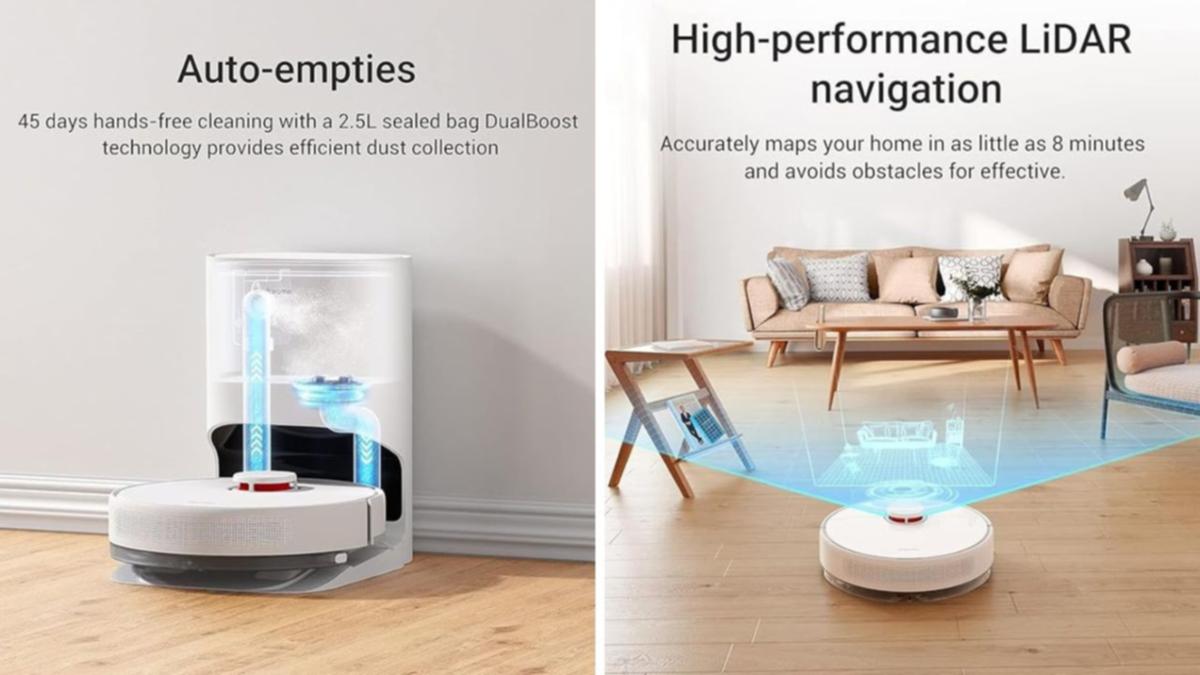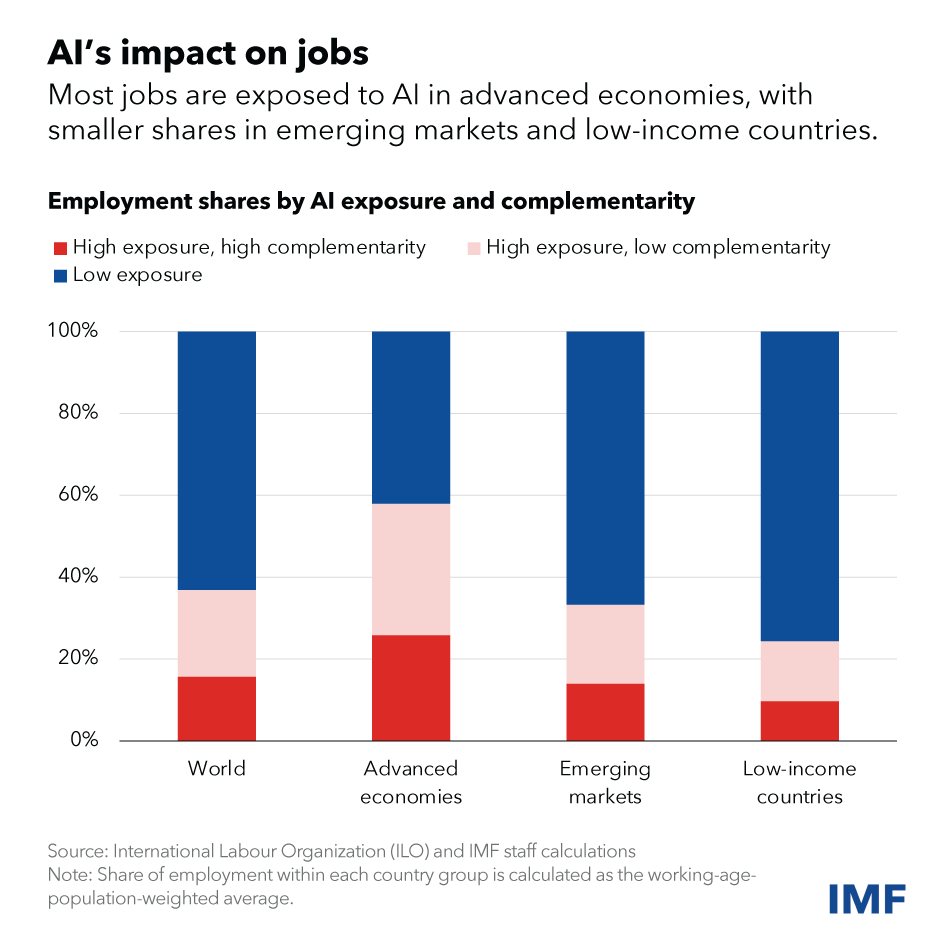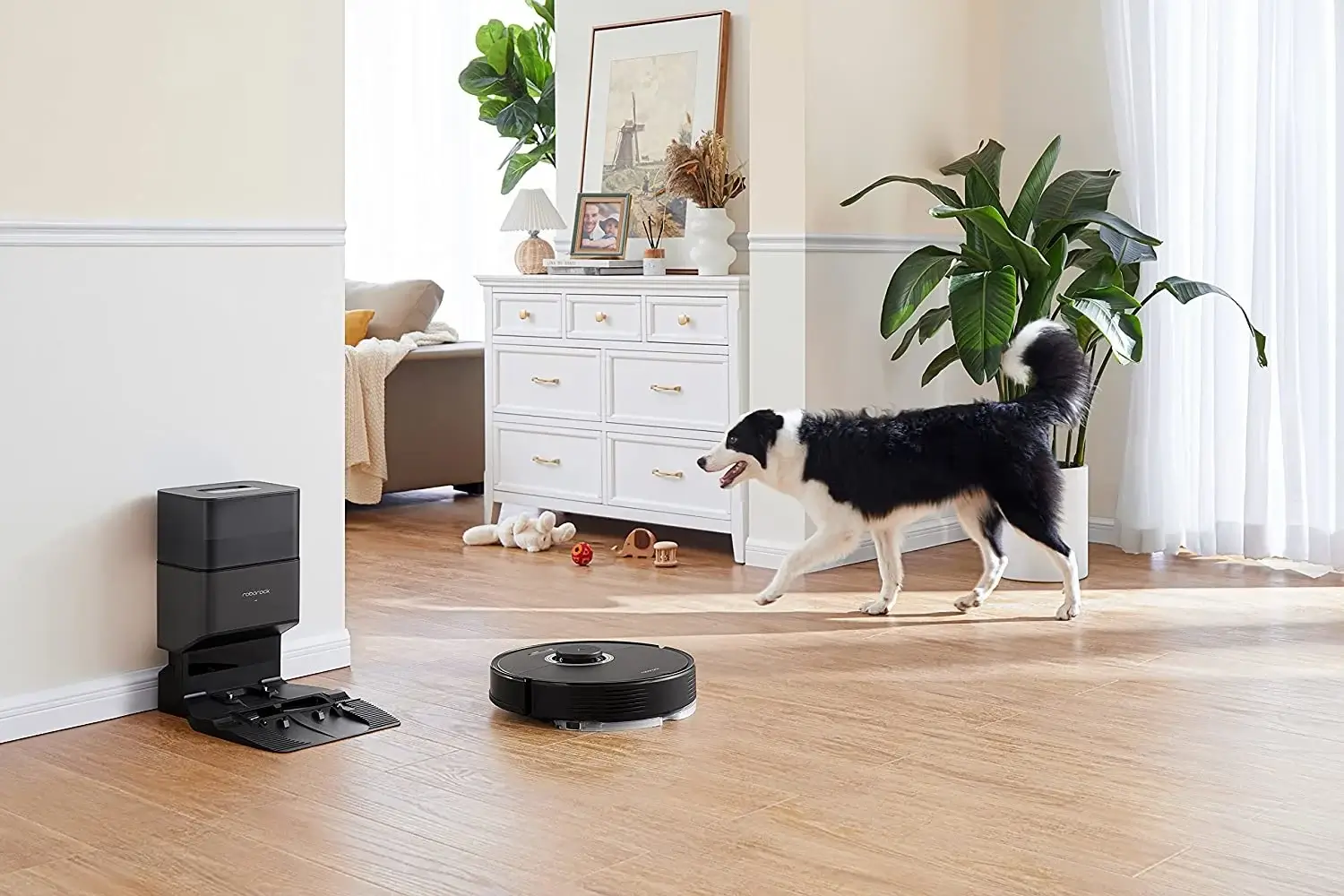As artificial intelligence (AI) rapidly transforms the workforce landscape, understanding which jobs are at risk can help workers prepare for the changes that lie ahead. This article explores ten job roles that may soon be overtaken by AI, and offers insights into the implications of this technological evolution.

The advent of artificial intelligence is reshaping industries around the globe and redefining the job market. With AI technologies proving to boost efficiency and productivity, they also raise concerns about job security for roles that revolve around repetitive tasks or heavy data management. Here, we delve into ten job categories that could face significant changes as AI becomes more integrated into the workplace, helping individuals and businesses prepare for what’s to come.
In the world of retail, cashiers play a critical role in transactions. Nevertheless, the rise of self-checkout systems and AI payment technologies is swiftly taking over this function. Innovations in AI allow for quick processing of payments and discounts, eliminating the need for human oversight. As these systems become commonplace, retail workers may find their roles shift toward customer service and experience management rather than transaction processing.
The realm of law is not exempt from AI’s reach. Paralegals and legal assistants currently handle crucial tasks such as legal research and documentation. However, with AI technology capable of analyzing extensive legal documents rapidly and generating standardize documents, many of these responsibilities could be diminished. Future legal professionals may be required to focus on strategic planning and client relations.
Data entry clerks perform vital functions in maintaining databases with accurate information. As AI systems continue to advance, they can easily automate these repeated tasks, analyzing data efficiently while recognizing patterns that require less human interaction. Workers in this sector should consider upskilling to embrace roles requiring analytical thinking rather than rote data input.
In manufacturing, automation is already ramping up productivity. AI-powered robotics can execute assembly roles with superior precision and efficiency, warranting drastic reductions in human labor for repetitive tasks. As manufactured goods evolve through automation, laborers may need to pivot towards system management and oversight, focusing on maintaining and programming these automated systems.
With evolving AI solutions, customer service reps are facing automation trends that change the way they engage with consumers. AI chatbots, capable of 24/7 operation, handle routine inquiries with prompts and predetermined responses. While simple interactions can be efficiently managed by AI, businesses will still need to leverage human insight for complex customer experiences.
Telemarketers often operate in a high-repetition environment, making them prime candidates for automation. Powered by AI, these systems can initiate calls, deliver scripted pitches, and analyze customer data for optimized sales success. In light of this shift, telemarketers may need to transition into more strategic roles that prioritize personal engagement and relationship development.
As we step into an age dominated by AI, awareness of these changes is imperative. To remain competitive, individuals must open themselves to continuous learning and adaptation, embracing ways to complement AI rather than compete against it. By focusing on skills that enhance creativity, emotional intelligence, and complex problem-solving, workers can successfully navigate the challenges that this automated future brings.
Kai Cenat Under Fire: Twitch Star Faces Potential Ban for Distracted Driving

Chrisean Rock's Emotional Performance: Singing 'Yahweh' with Baby Son

Family-Friendly Snow Sports Adventures: Your Ultimate Guide

6 Best Robot Vacuum Cleaners for Effortless Home Cleaning

Thrilling Snow Sports Adventures for Families

The Delicious World of Chinese Cuisine

Strategic Education: Selecting a Major for Financial Prosperity

The Impact of Artificial Intelligence on Tech Stocks

Ultimate Guide to the Best Sweeping Robots of 2024
